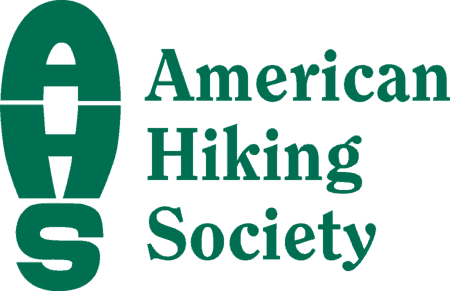American Hiking Society Statement of Support- H.R. 1026, North Country National Scenic Trail Route Adjustment Act

April 18, 2018
The Honorable Rob Bishop, Chairman
House Committee on Natural Resources
1324 Longworth House Office Building
Washington, DC 20515
The Honorable Raúl Grijalva, Ranking Member
House Committee on Natural Resources
1324 Longworth House Office Building
Washington, DC 20515
Re: American Hiking Society Statement in Support of H.R. 1026
Dear Chairman Bishop, Ranking Member Grijalva, and Members of the Committee,
As we celebrate the 50th Anniversary of the National Trails System Act and work to realize the completion and connection of our National Trails System, American Hiking Society strongly supports the passage of H.R. 1026, the North Country National Scenic Trail Route Adjustment Act without amendments. This bill seeks to fully realize the original vision for the North Country National Scenic Trail (NCNST) by rerouting the trail between Jay Cooke State Park and Chippewa National Forest in Minnesota and extending the trail from its current end in Crown Point, New York, to connect with the Appalachian National Scenic Trail in Vermont.
H.R. 1026 is enthusiastically supported by the national hiking community at large and especially by the trail’s surrounding communities and townships. The legislation is also supported by the entire Minnesota congressional delegation. This trail provides a “close to home” park for millions of Americans and offers low-cost recreational opportunities for families, children, the elderly, and others. It’s completion and connection to similar trails would greatly enhance these opportunities and fulfill Congress’s vision for this trail when it first authorized it.
The economic impact of this trail and the improved economic activity it would generate if completed and connected with other highly trafficked trails would be significant. According to the Outdoor Industry Association, trails in America accounted for $201 billion in annual spending in 2017 and were responsible for 1.7 million jobs. Much of this spending takes place in small communities along each of the trails, communities for which this income is substantial, meaningful, and will remain local. Many of the jobs trails create can’t be exported offshore: guides and outfitters, hotel staff and restauranteurs, and numerous others directly benefit the community in which they reside.
In a cost estimate prepared by the CBO on the identical bill in the Senate, the CBO stated, “ongoing costs to develop, manage, and maintain the added property would be negligible.” How often can Congress approve a project where the brunt of the hard work is taken on by volunteers? And where the volunteers themselves along with nonprofit partners fund raise to support those efforts?
These trails are more than just an economic engine. Since our nation’s founding, the outdoors have been a distinctive part of our American heritage and trails such as the NCNST are integral to that. Whether it’s a family out for a hike on a nearby trail or a returning veteran walking off the war, Americans continue to seek places for outdoor recreation, a connection to nature, and healthy exercise. Thanks to Congress, just such a place exists in the NCNST. Now we ask Congress to finish what was begun fifty years ago, allow the volunteers to get to doing what they do so well, and at long last begin the completion of one of America’s greatest National Scenic Trails.
Please contact Tyler Ray, Director of Policy and Advocacy, tray@americanhiking.org, 301-565-6704 x705 with any questions or for additional information.
Sincerely,
Tyler Ray
Director of Policy and Advocacy


